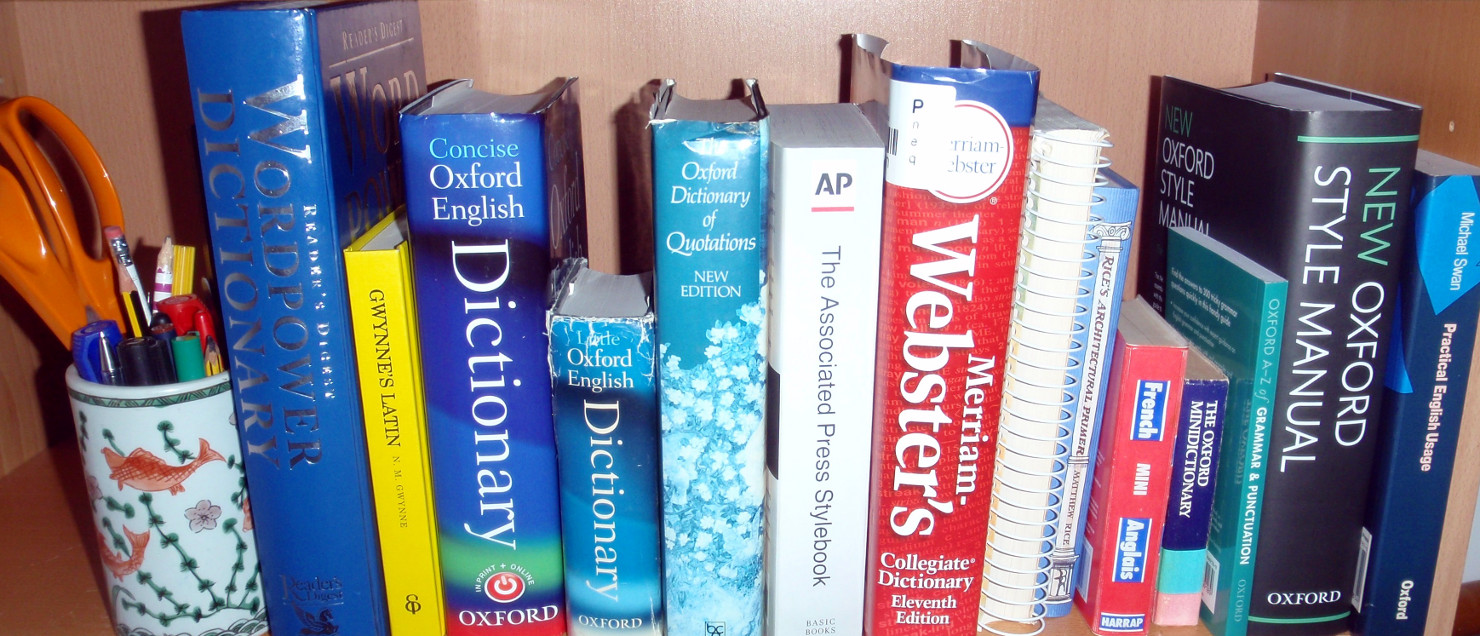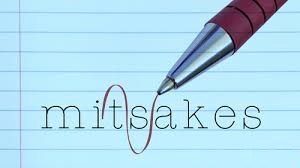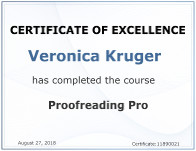Misteaks that drive me crazy |
So – here goes (and this is by no means a comprehensive list!) compliment for complement How often have you read something like: “And our delicious tartare sauce ompliments the fish perfectly”? Oh really? So the tartare sauce is not only delicious, it’s polite as well? “Oh, how pretty you are looking today, fish,” it is heard to say. Not on my watch, it isn’t. squid for squib This one takes us to the wilder shores of verbal mis-use. I first came across it when the CEO of a large organisation wrote to me complaining that a product launch was “a damp squid”; susequently, I’ve heard people use the expression more times than I can count. For the avoidance of doubt, squids are invariably damp. Squibs (a firework), need to be as dry as a bone in order to function. A damp squib won’t sparkle or woosh or even ignite. I for me “…and you’ll never see your child or I ever again!” she threatened. I won’t go into the matter of the subject and object of a sentence here. A quick rule of thumb for anyone unsure of when “I” becomes “me”: just assume you are speaking – or writing – only about yourself. If the sentence then becomes “….and you’ll never see me ever again!” then just add “your child” but don’t change anything else. it’s for its (or vice versa) you’re for your (or vice versa) This mistake doesn’t make me crazy, only very weary as it occurs so often. If you mean to say, “It is something I want to do,” you can also say, “It’s something I want to do,” with the ' taking the place of the i in “is”. Similarly, you can say, “You are looking great,” or “You’re looking great,” – again, the apostrophe ' simply shortens “are”. So – if you can make one word into two (it’s to it is, you’re to you are etc.) that’s when the apostrophe comes in. Its and Your join his, hers and theirs to indicate ownership (the possessive). e.g. "The dog chewed on its bone." And the doozy that has me lying down, screaming for mercy? Apostrophes seem to cause problems to so many people that, in despair, they're left off altogehter. Which is bad enough. But when they are added to simple plurals, as seen on a local vegetable stall: Fresh Pea’s. Green Bean’s. And yet – Potatoes. Oh, my. |

 Now that I have your attention…. None of us is perfect, of course. And when it comes to writing any text, I’ll fess up right away to my fair share of commissions and omissions. But for me there is an ocean of difference between the typo that will always creep in, especially if one is tired or distracted, and the grammatical and spelling no-no’s repeated time and again because the perpetrator is just too dam’ idle to double-check.
Now that I have your attention…. None of us is perfect, of course. And when it comes to writing any text, I’ll fess up right away to my fair share of commissions and omissions. But for me there is an ocean of difference between the typo that will always creep in, especially if one is tired or distracted, and the grammatical and spelling no-no’s repeated time and again because the perpetrator is just too dam’ idle to double-check.

